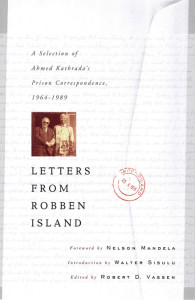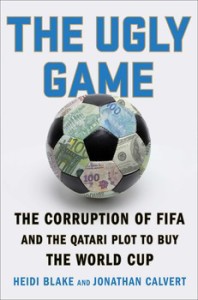Patrice Evra knows football.
Born in Dakar, Senegal, in 1981, Evra moved to France before he could kick a ball properly. He went on to captain both France and Manchester United. In 2014, Juventus paid a meager transfer fee of £1.5 for the 33-year-old left back. In his first season, Evra contributed to a memorable campaign that saw the bianconeri win the League and Cup double and lose a close Champions League final to Barcelona.
Last Sunday, in an interview after Juve’s 2-0 win away to Atalanta, the Frenchman made some insightful comments about the difference between England’s Premier League and Italy’s Serie A. Evra’s thoughts seemed particularly timely since they came on the heels of widely quoted remarks made by Claudio Ranieri, the Italian manager of Premier League leaders Leicester City.
Ranieri reportedly told the Corriere della Sera that his Leicester players were “afraid of the Italian tactics” and so he quickly decided to “talk very little about tactics” and instead emphasized fitness, hard work, and building trust between members of the squad. Ranieri’s open-minded approach has worked spectacularly well for Leicester, as they are five points clear of Spurs with nine matches left to play.
In the video clip posted here, Evra (speaking in functional Italian) thinks back to his arrival in Turin and what another international star who played with both Manchester United and Juve shared with him. “I remember that [Carlos] Tevez told me: ‘to score a goal here, you need at least 100 chances because they defend so well’.” That is why, Evra says, “even at 34 years of age, I’m learning great things.”
“In England, it’s more of a show. It’s more like two boxers who go at it and then the first guy who gets tired, falls down. But in Italy, it’s more of a game of cesto [unclear what Evra meant here, possibly “chess”]. If you are not tactically good, then you can’t play. Here [in Serie A] you need more intelligence, let’s say, than talent.”
In the end, it doesn’t matter whether we prefer England’s glamorous Premiership or Italy’s crafty Serie A. That’s a question of personal preference, loyalty, emotion, and memory (or is it nostalgia?). What is more interesting about Evra and Ranieri’s recent interventions is their nuanced understanding of how local forces shape the global game. Without such valuable cultural knowledge, professional frustration and sporting failure can never be too far away.

